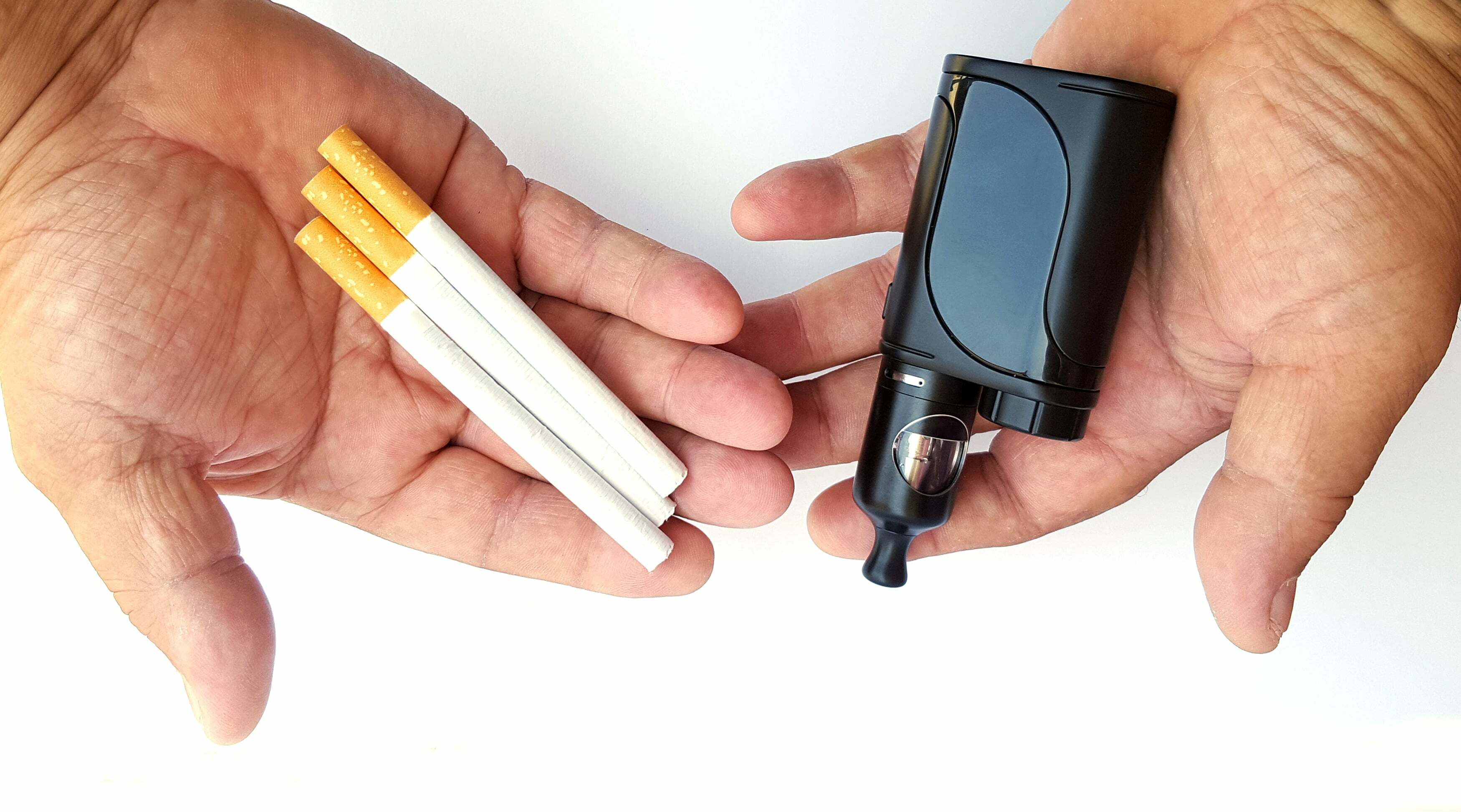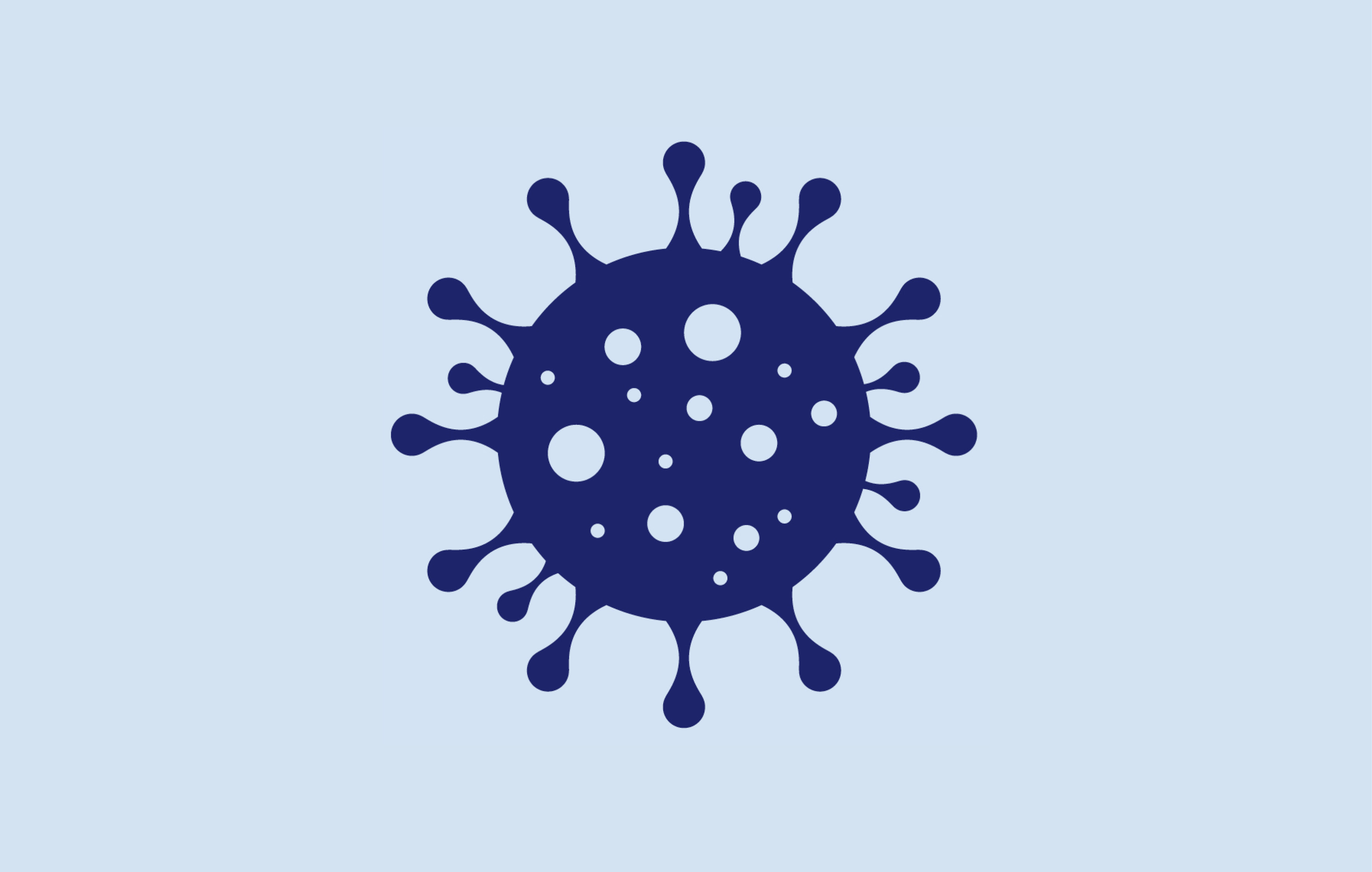The Health Policy Centre at SAHMRI works in partnership with the University of Adelaide School of Public Health to conduct a range of research activities to inform public health policy and interventions.

The centre’s core work involves behavioural and policy research to inform public health interventions.
The research activities of the Health Policy Centre achieve high translation and improved health outcomes through active engagement with government policy makers and non-government organisations.
The Centre applies a public health approach to prevent chronic diseases including cancer, heart disease and diabetes and has major ongoing programs of research specialising in tobacco control and e-cigarettes, alcohol consumption and food policy and obesity prevention.
Our core research areas
Tobacco control and e-cigarettes
The Health Policy Centre makes a substantial contribution to evidence-based policy and practice in tobacco control locally, nationally and internationally.
Tobacco smoking is the leading preventable cause of death and disease in Australia. It places a large burden on the South Australian community and health system, with latest figures putting the state’s health care expenditure attributable to smoking at approximately $500 million.

The centre’s evidence, research, policy briefings and publications influence South Australian tobacco control and e-cigarette policy, practice and resource allocation. Evidence has been used to inform, underpin and evaluate all SA Tobacco Control policy for the past 30 years including smoke-free dining and workplace legislation, smoke-free hospitality venues, smoke-free cars, smoke-free health services and outdoor areas, the removal of tobacco displays at point of sale, and the increase in tobacco licence fees.
E-cigarette use is associated with a range of health harms, and there has been a rapid rise in use over recent years, particularly among young people.
Health Policy Centre has a program of research in e-cigarettes and has been monitoring use in the SA population since 2014. This evidence informs strategic response to and legislation around e-cigarettes, for South Australia and Australia.
View the South Australian smoking and vaping statistics 2024
Alcohol Consumption
Alcohol consumption places a large burden on Australia’s health system and is associated with more than 200 chronic health problems including overweight and obesity, diabetes, cardiovascular disease, cancers, nutrition-related conditions and cirrhosis.
The Health Policy Centre also has significant expertise in evaluating social marketing campaigns. The centre evaluates the national maternal health campaign Every Moment Matters for the Foundation for Alcohol Research and Education, in partnership with the University of Adelaide and Flinders University.

Food Policy and Obesity Prevention
The Health Policy Centre actively contributes to food policy reform and obesity prevention through programs of research into reducing over-consumption of highly processed food and beverages.
With rising rates of overweight and obesity and the increasing disease burden these health risks impose, timely and effective action is required. One quarter of children and adolescents, and more than two-thirds of Australian adults, are overweight or obese. Those who are overweight or obese are at higher risk of developing serious health problems such as type 2 diabetes, high blood pressure, cardiovascular disease, asthma and other respiratory problems, sleep disorders, periodontal disease and liver disease.
Significant health and economic benefits can be achieved through a comprehensive multi-faceted public health approach to obesity prevention, including taxes (or a health levy) on sugar-sweetened beverages, product reformulation, mandatory front-of-pack labelling, advertising regulations and large-scale public education campaigns.
Work conducted by the Health Policy Centre informs evidence to advance Australia’s progress in obesity prevention and dietary risk through its dedicated NHMRC-funded work in sugar-sweetened beverages and programs of research in ultra-processed food and alcohol consumption.

COVID-19 Analytics Unit
The COVID-19 Analytics Unit was established in the Health Policy Centre to provide timely, evidence-based advice to assist the Chief Public Health Officer and support South Australia’s responses to COVID-19 in 2021.
The unit also delivers modelling to inform policy, in partnership with expert modellers at the University of Adelaide. This was an extension of work commenced at the beginning of the pandemic in 2020, when the Health Policy Centre worked in partnership with the Commission on Excellence and Innovation in Health, with the support of Health Translation SA, to deliver rapid evidence syntheses to assist in state and national responses to COVID-19. The COVID-19 Analytics Unit was comprised of Professor Caroline Miller, Dr Joanne Dono, Professor Steve Wesselingh and Professor Josh Ross.

Registries and Data for Public Health
Registries are important in health research as they collect and hold important data on health conditions and health outcomes. These data enable reliable research to improve health systems and patient outcomes, for example, by informing the allocation of resources, and to identify gaps in care.
Health Policy Centre undertakes work in registry science, in collaboration with registry custodians. Professor Miller oversees SAHMRI’s Registries, including: SAHMRI Registry Centre; Registry of Senior Australians (ROSA); Australian Orthopaedic Association National Joint Replacement Registry; ANZDATA (kidney transplant registry); Lily (eating disorder registry); and numerous smaller clinical quality registries based at SAHMRI.
Health Policy Centre has also conducted registry-based trials and studies to generate evidence for the inclusion and ongoing monitoring of patient-reported outcomes, including in mental health and psychosocial outcomes, and has current collaborations in registry-based research.
Program Leader
Deputy Directors
Funders
- National Health and Medical Research Council
- Australian Government
- South Australian Government







